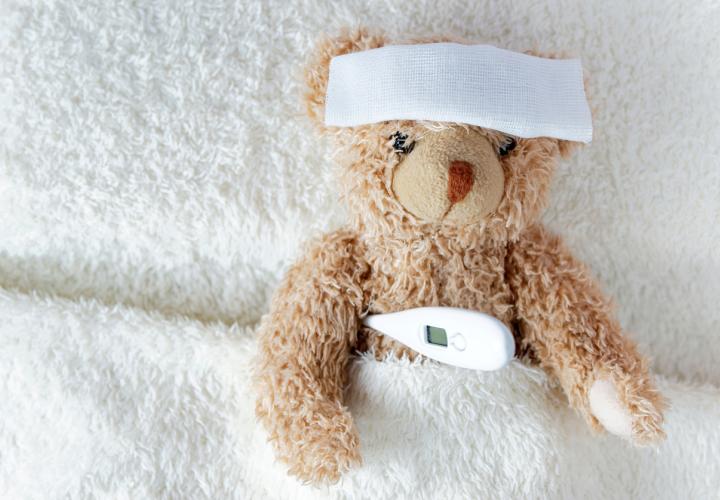Home remedies for fever in young children
If your child’s fever doesn’t show any of the emergency signs mentioned, you can try these steps at home:
- Keep them comfortable—dress your child in light clothing and keep the room at a comfortable temperature.
- Encourage fluids—offer plenty of fluids like water, breast milk, or formula to prevent dehydration.
- Ask your doctor if you can use fever-reducing medication—acetaminophen or ibuprofen can help lower a fever. Always follow the correct dosage based on your child’s weight and age—and always ask your doctor if this is your first rodeo.
- Monitor their behavior—pay attention to how your child acts. If they’re drinking fluids, playing, and sleeping well, the fever is likely not serious.
Trust your instincts!
As a parent, you know your child best. If something doesn’t feel right, it’s always better to be cautions and call your doctor. Fevers are common but knowing when to worry can help you keep your baby or toddler safe and healthy.
